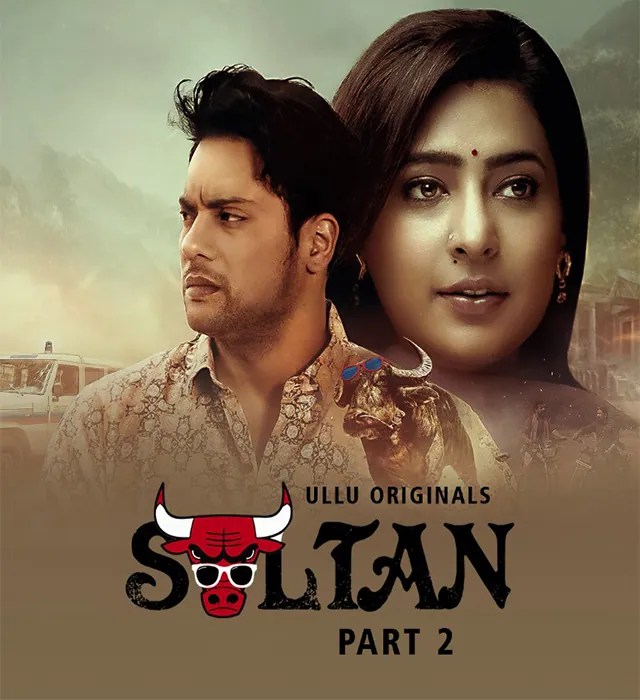Sultan Kpkuang is a name that resonates with history, culture, and the rich traditions of the regions where he reigned. His legacy is not merely a collection of dates and events but a tapestry woven with stories of valor, leadership, and the enduring impact on society. As we delve into the life of Sultan Kpkuang, we uncover the essence of a ruler who was much more than a figurehead; he was a beacon of hope and a symbol of unity for his people.
Throughout the annals of history, the role of a sultan has been pivotal in shaping the socio-political landscape of various regions. Sultan Kpkuang stands out in this regard, not only for his governance but also for his innovative approach to leadership. His reign marked significant developments in trade, culture, and diplomacy, making him a notable figure in the chronicles of his time. This article aims to explore the multifaceted life of Sultan Kpkuang, shedding light on his contributions and the enduring legacy he left behind.
In this exploration, we will address several key questions surrounding Sultan Kpkuang's life, achievements, and influence. Who was Sultan Kpkuang, and what were the defining moments of his reign? How did his leadership style differ from his predecessors? What impact did he have on the cultural landscape of his kingdom? Join us as we embark on this enlightening journey to discover the remarkable story of Sultan Kpkuang.
Who Was Sultan Kpkuang?
Sultan Kpkuang was a notable ruler known for his progressive policies and his dedication to the welfare of his people. His reign was marked by significant advancements in various sectors, including education, agriculture, and trade. He was born into a lineage of leaders, inheriting not just a title but a legacy that he would expand upon throughout his life.
What Were the Key Events of Sultan Kpkuang's Reign?
The reign of Sultan Kpkuang was characterized by remarkable events that shaped the course of history in his region. Some key events include:
- The establishment of trade routes that enhanced economic prosperity.
- Reforms in education that promoted literacy and learning among the populace.
- Diplomatic engagements that fostered peace and cooperation with neighboring regions.
- Infrastructure development that improved transportation and communication.
What Were Sultan Kpkuang's Contributions to Culture?
Sultan Kpkuang was not just a political leader; he was also a patron of the arts and culture. His contributions included:
- Promotion of local artisans and craftsmen, ensuring the preservation of traditional arts.
- Encouragement of literary works, leading to a flourishing of poetry and prose.
- Support for cultural festivals, which strengthened community bonds and traditions.
Personal Details and Bio Data of Sultan Kpkuang
| Detail | Information |
|---|---|
| Name | Sultan Kpkuang |
| Birth Year | Early 15th Century |
| Reign | 15th Century - Late 16th Century |
| Significant Achievements | Trade expansion, cultural patronage, educational reforms |
| Death Year | Late 16th Century |
How Did Sultan Kpkuang Influence Trade?
One of the most significant aspects of Sultan Kpkuang's reign was his influence on trade. He recognized the importance of trade for the economic stability of his kingdom. Under his leadership, several trade initiatives were launched, which included:
- Negotiating trade agreements with neighboring states.
- Establishing marketplaces that became hubs for commerce.
- Encouraging agricultural practices that led to surplus production for trade.
What Were the Challenges Faced by Sultan Kpkuang?
No ruler’s journey is devoid of challenges, and Sultan Kpkuang faced his share of difficulties. Some of the notable challenges included:
- Resistance from rival factions and leaders.
- Natural disasters that threatened agricultural output.
- Maintaining peace in a diverse and multicultural kingdom.
What Legacy Did Sultan Kpkuang Leave Behind?
The legacy of Sultan Kpkuang is a testament to his vision and leadership. His contributions to trade, culture, and education have left an indelible mark on the region. He is remembered not only as a ruler but as a visionary who understood the needs of his people and worked tirelessly to address them.
How Is Sultan Kpkuang Remembered Today?
Today, Sultan Kpkuang is celebrated in various forms, from historical texts to cultural festivals. His story is taught in schools, ensuring that future generations understand the impact of his reign. Statues and monuments have been erected in his honor, serving as reminders of his contributions to society.
What Can We Learn from Sultan Kpkuang's Leadership Style?
Sultan Kpkuang's leadership style offers valuable lessons for contemporary leaders. His focus on inclusivity, cultural preservation, and economic development serves as a model for effective governance. By prioritizing the welfare of his people, he set a standard for future leaders to follow.
In conclusion, the story of Sultan Kpkuang is not just a historical account; it is an inspiring narrative that highlights the potential of leadership to effect positive change. His life and legacy continue to resonate, reminding us of the importance of vision, resilience, and dedication to the greater good.
Unveiling The Wealth: Natasha Thahane Net Worth
Kampala Postal Code: Understanding The Heart Of Uganda's Capital
Discovering The Enigma Of Faptime.cc: A Comprehensive Guide


